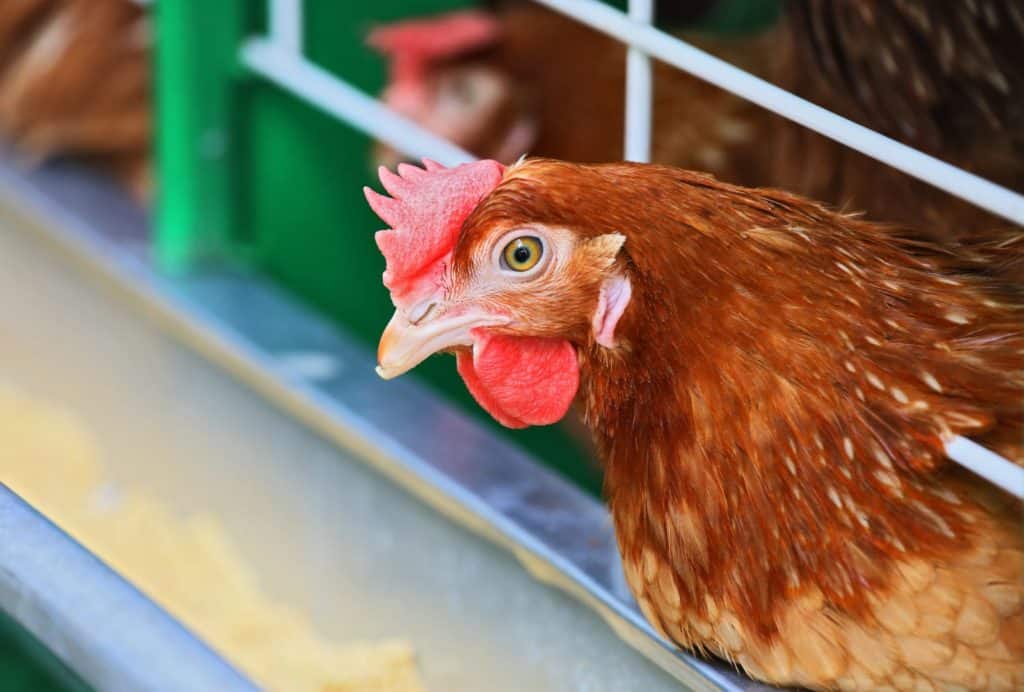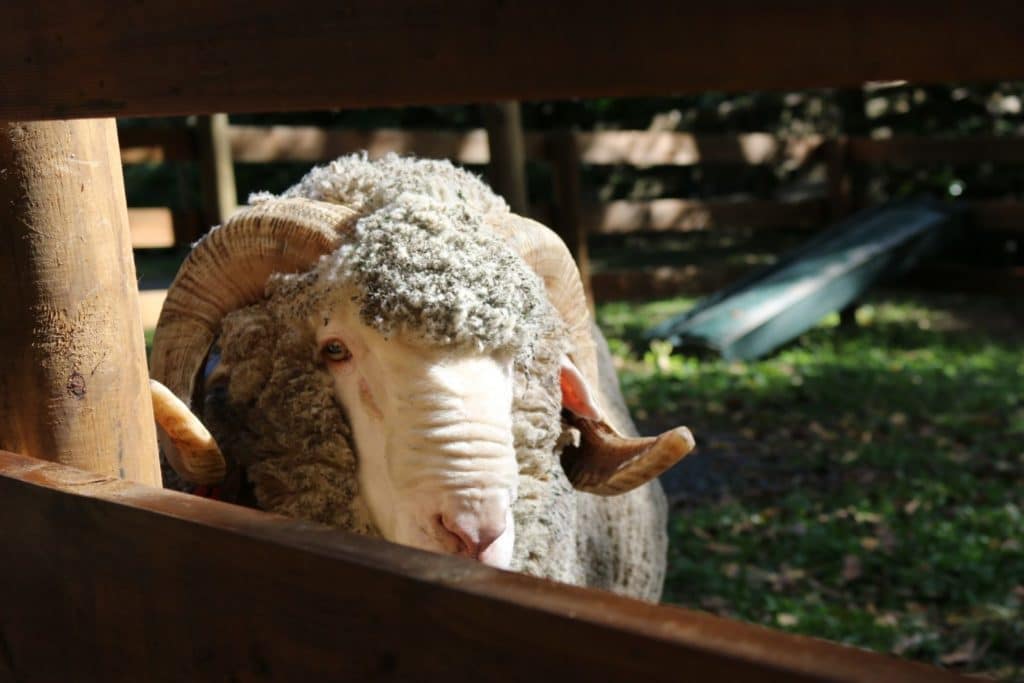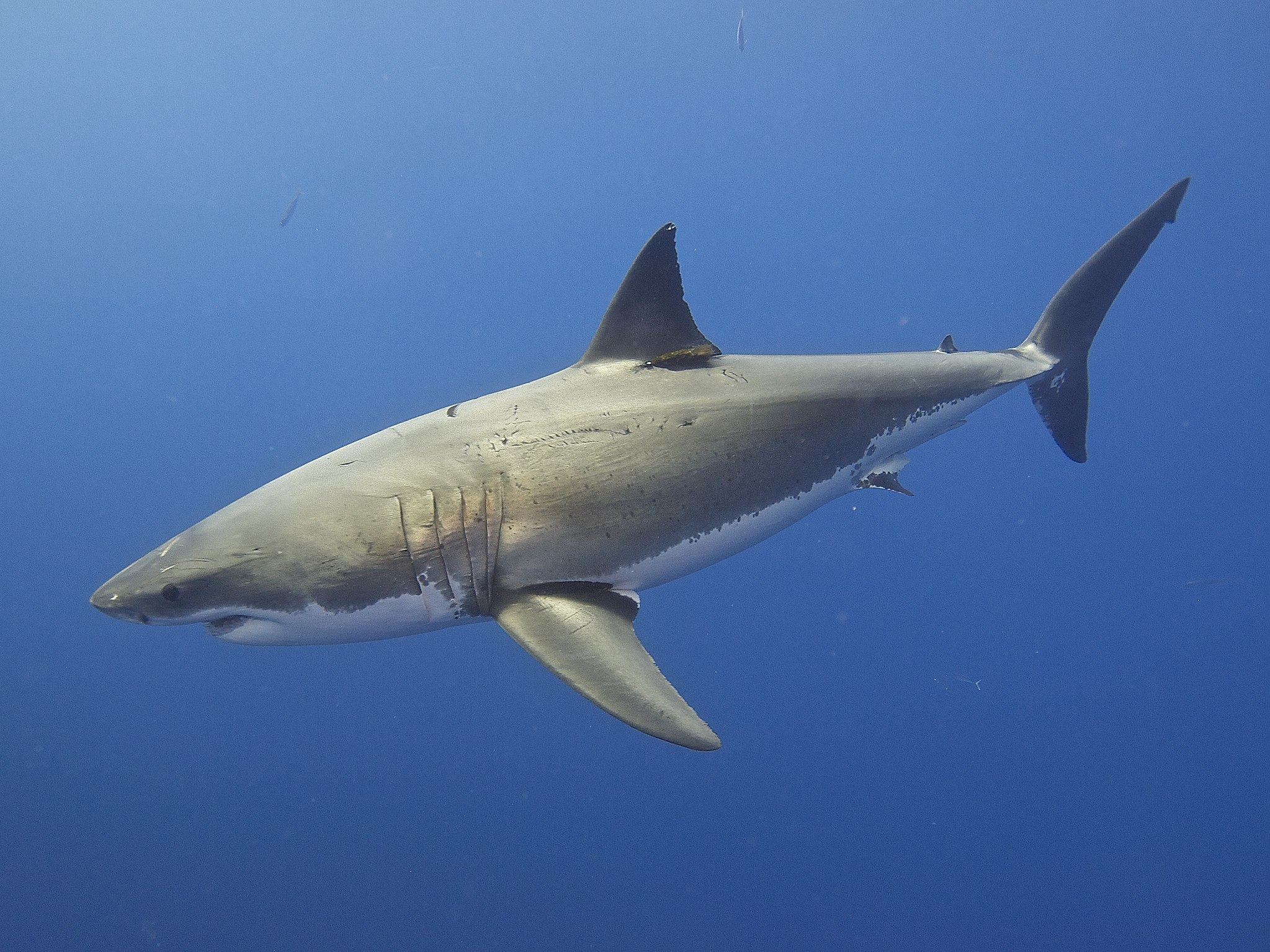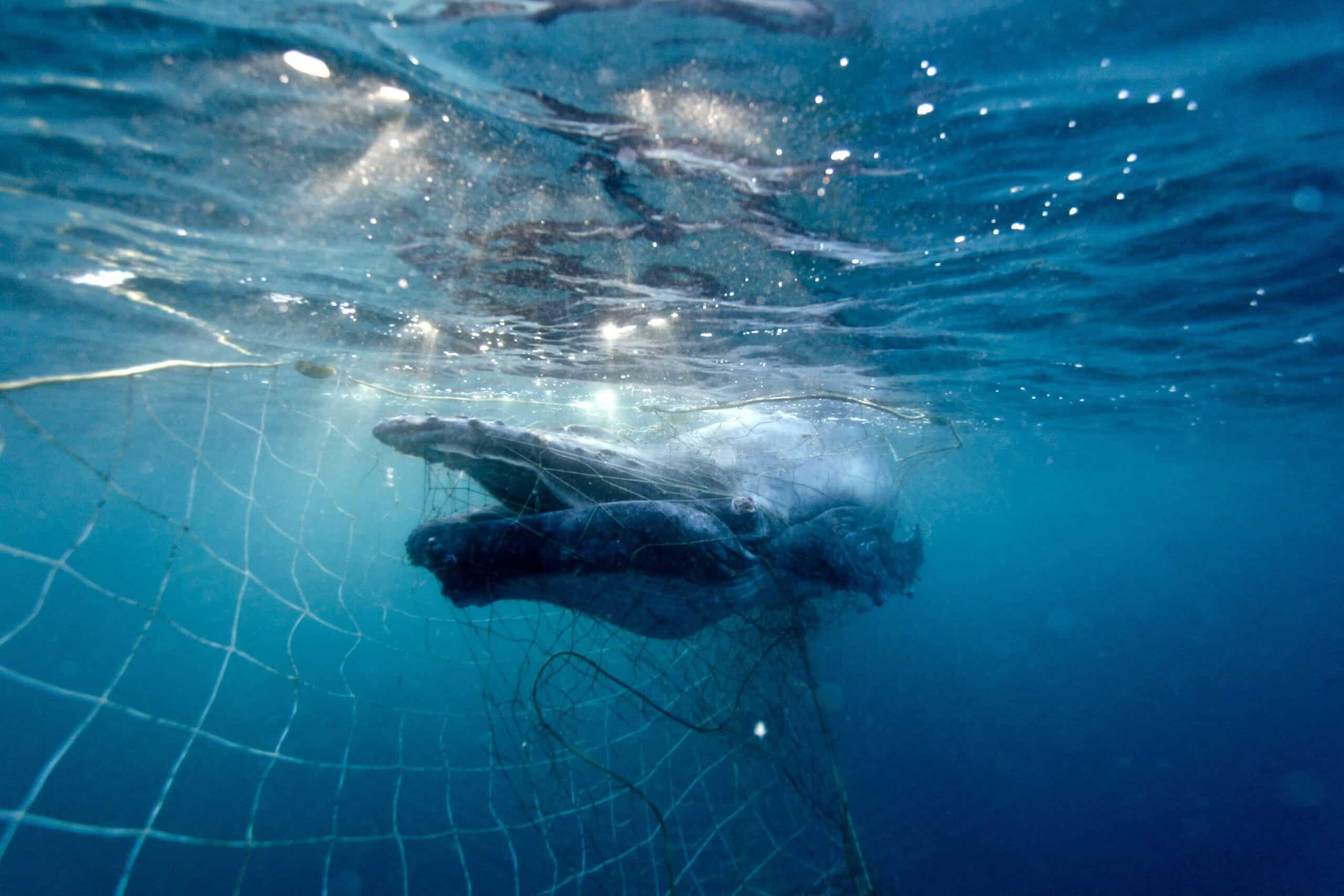Research shows that Australia’s great white sharks are highly related to each other and may consist of fewer than 500 breeding animals. SYDNEY, 24 June 2025: Latest research has found Australia’s great white shark population is much smaller than expected, increasing their vulnerability to further population threats. The population...
By: Dr Jo Swabe and Nicola Beynon
With the negotiations for a Free Trade Agreement between the European Union and Australia finishing their second round, it is an opportune moment to reflect on the implications that this trade deal may have not just for business and industry, but also for the lives of the millions of animals kept for food production, as well as the ever growing number of consumers concerned for their welfare.
Liberalising trade may well be one of the key goals of these negotiations, but we believe that this should not be at the expense of the welfare of animals. Indeed, the protection of animal welfare is an issue of public morality and is increasingly recognised by governments as a legitimate trade concern. Humane Society International therefore contends that any trade agreement negotiated with the EU should include meaningful provisions that can engender positive change for farm animals.
Unlike Australia, the EU already has a record of including language on animal welfare in its trade deals with, for instance, Chile, South Korea, Canada and Mexico. This is not only a consequence of the values-based trade agenda that the bloc pursues, but also because the Treaty on the Functioning of the EU explicitly acknowledges the sentience of animals and has an obligation to pay full regard to animal welfare in its policymaking.


So animal welfare will inevitably be on the agenda of these negotiations at the EU’s behest. The question is whether Australia will take this as an opportunity to raise its game or will there be a resistance to progress?
While far from perfect in its treatment of production animals, the EU will be able to take the moral high ground on animal welfare in these negotiations. Farm animal welfare standards are generally higher in the EU than in Australia.
For example, the EU has banned conventional battery cages for laying hens, while these cruel confinement systems remain legal in Australia. Around nine million laying hens here are still confined to cages that are so cramped that they are unable to perform many important natural behaviours, including walking, perching, dust bathing, nesting or fully stretching their wings. They suffer psychological stress as well as numerous physical harms, including bone weakness, feather loss and disease associated with lack of exercise.
Australia also allows routine cruelties, such as gestation crates, sheep mulesing and tail-docking, to continue. This is an opportunity for Australia to try to emulate – and better still surpass – the minimum animal welfare standards achieved by the EU. And Australia is not merely capable of raising that bar; it should feel a moral obligation to do so in light of the strong animal welfare sentiment in our country, not to mention the lessons learned from the dismissive attitude to animal welfare in the live sheep trade.

At any rate, the more advanced EU regulatory standards should be taken as a minimal starting point for these FTA negotiations. It should be simple for the parties to agree on regulatory alignment for slaughter and stunning, but also in regard to on-farm welfare – including housing, painful mutilations and feeding practices – and the protection of welfare of live animals during transport.
We strongly oppose any “mutual recognition” of standards since that would mean one of the Parties – in this case the EU – accept market entrance for products that do not meet animal welfare standards imposed on its domestic producers. Compliance with EU animal welfare, in addition to public health standards should be a requirement for placing Australian animal agricultural products on the EU market.
Farm animal welfare standards should be harmonised upwards to achieve equivalence, although it is also vital that the Parties maintain the right to regulate in order to further improve animal welfare in the future.
There is every reason to assume that the proposed agreement will further increase trade – or, at a minimum, increase trade opportunities – in animal agricultural products, including meat, egg and dairy products. Australia should not be complacent in this moment. What a bright future we could create for farmers and farm animals in Australia, if business and political leaders resolved to be as, if not more, progressive than our European trading partners and to take global leadership on the issue of animal welfare, rather than trailing behind them.


